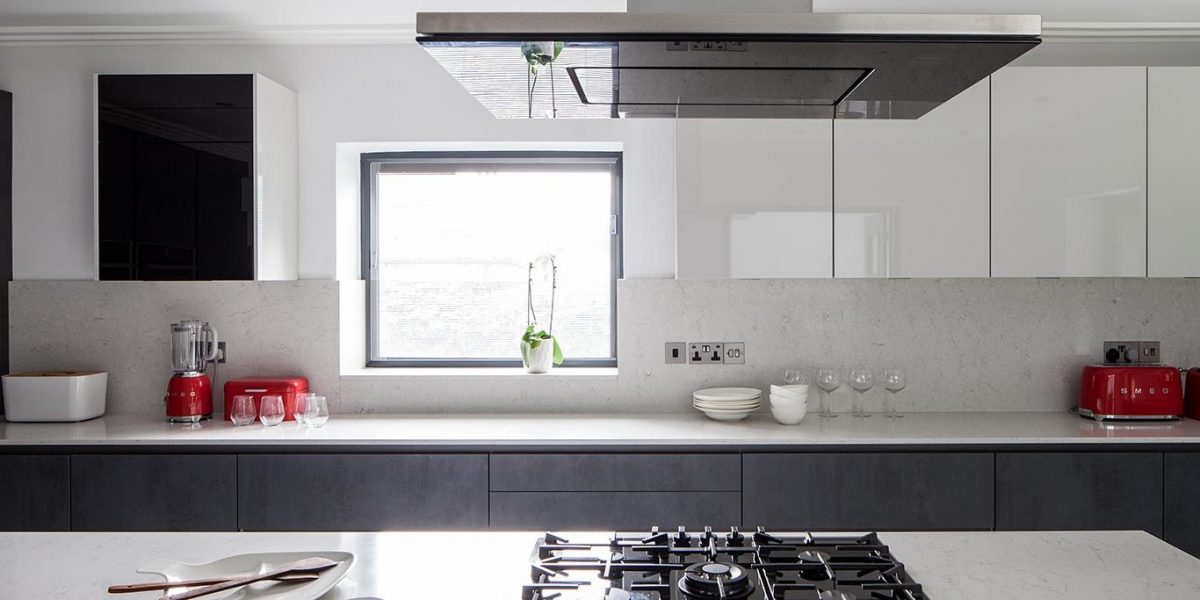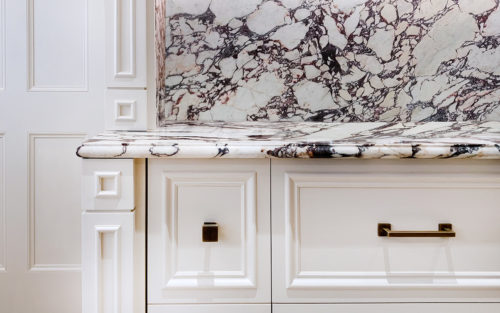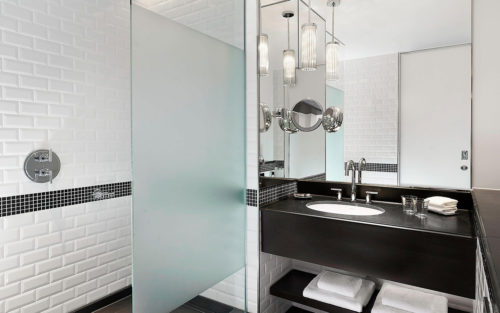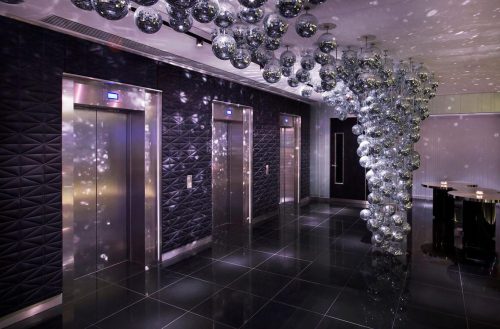When you are considering new worktops for your kitchen in Enfield, you are faced with a lot of choices. There is stainless steel, wood, cement, man-made products such as Corian and Dekton, natural stones – marble, granite, quartzite, limestone, and so on – quartz, sintered stone, and more. So, you need to consider the pros and cons of each carefully before making a decision, because once you have made that decision, you are stuck with it.
More and more people today are opting for natural stones for a number of reasons, one of which is that the appearance of each slab of stone is going to be unique. It has been quarried out of the ground before being cut into slabs, and each slab is unique, even though they may be the same stone. This is because when the stones were formed all those years ago, although the main components are the same, there can be all sorts of other minerals forming a small part of the stone overall, and these can vary considerably according to what was present in that particular area at the time. These are what make up the veining, patterns, and colouring of each slab.
When selecting a natural stone, many people are settling on granite worktops in Enfield for a number of reasons. One of these is that granite is a very hard rock indeed. Someone said that whoever coined the phrase “hard as a rock” was probably thinking of granite. It scores a 7 on the Mohs scale of hardness. In fact, although you should not chop or cut foods directly on a granite surface, if you do you will probably damage the knife rather than the granite. However, it can sometimes leave behind a metal residue that can be difficult to remove.
While it is said that you should never put hot pans directly on a kitchen worktop surface, many people who have granite worktops do this and don’t seem to suffer any issues with it. It is also very rare to suffer from a chip or crack in a granite worktop, but if it should happen it needs to be repaired by a specialist. Common sense dictates that you shouldn’t keep cast iron pans and pots in a cupboard above the worktop just in case you do drop them on it.
Granite Is Actually Porous
Although granite is such a hard stone, it is actually porous to some extent, and therefore should be sealed with a quality sealer, although it is said that the darker coloured granites are very dense and sometimes don’t actually need one. Even so, if liquids are left for a long time on unsealed surfaces they will eventually absorb, However, they will also evaporate, and many liquids will disappear on their own in due course. However, it is best to apply a sealer: many of the quality ones today can last for ten years. Resealing is not exactly an onerous task as you just brush it on and wipe off any excess.
With all natural stones, including granite, the colours available are limited to what Mother Nature decides upon. There are not a lot of solid patterns or very bright colours, although they do exist. When choosing granite worktops, it is always a good idea to view the exact slabs which are going to be used. This is particularly true when you have seams, which will be the case in most kitchens, a typical slab being 9’ x 5’. So, you will want to get the slabs as near to each other in pattern and colour as you can.




